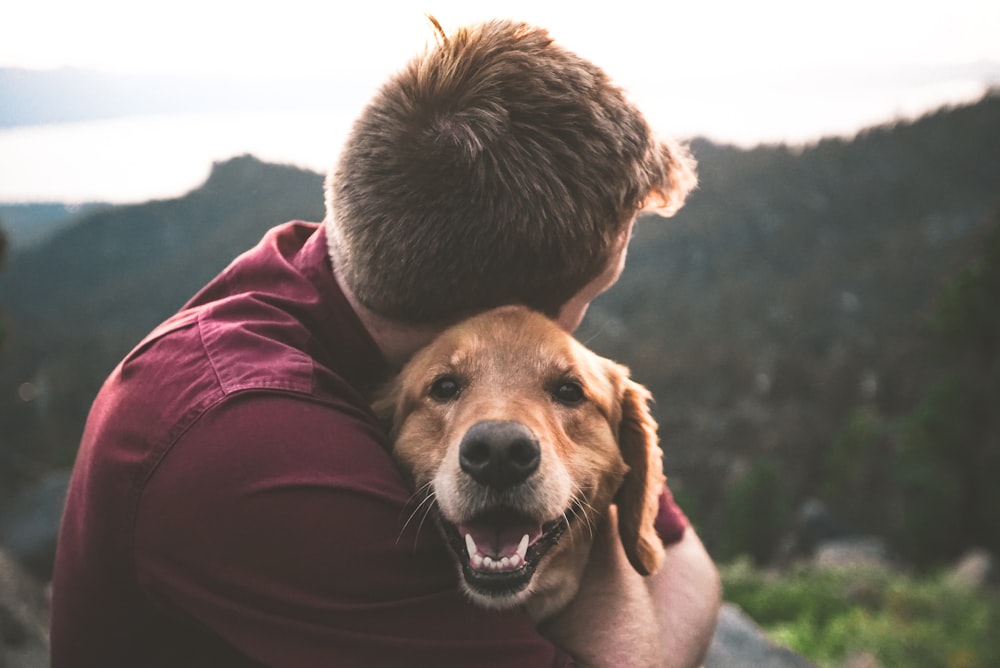2024 Grand National: Horses, Harm, and Shared Responsibility
Horses have a purpose in life, just like us all. Unfortunately, when people go to work, sometimes bad things happen.
(AP McCoy, former jockey, quoted in The Telegraph)
On Saturday the 13th of April 2024, one of the world’s most famous horse races, the Grand National, is scheduled to take place. The race first took place at Aintree Racecourse in 1839, where it continues to be hosted, and this will be its 176th annual running. The race is very popular in the UK with 70,000 people in attendance last year, and ten million watching on TV. Beyond the UK, its appeal is wide-reaching with an estimated 600 million people watching across the globe. And it’s not just horseracing enthusiasts who get involved. People who usually have no interest in horseracing will watch the event, and workplace or family sweepstakes are common. In sum, the Grand National is an institution that is loved by many and enjoys significant national and global support.
(more…)



 Photo by
Photo by 






